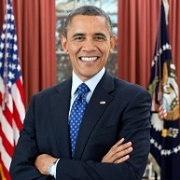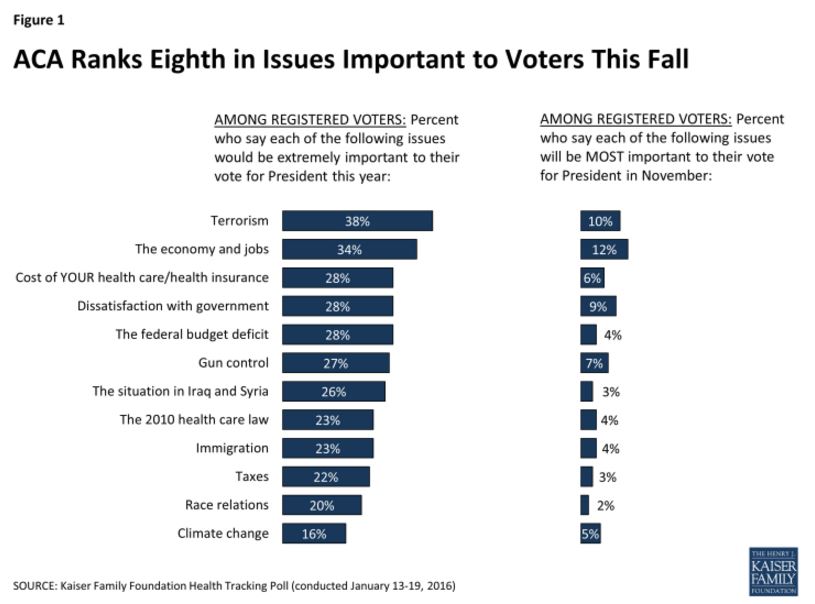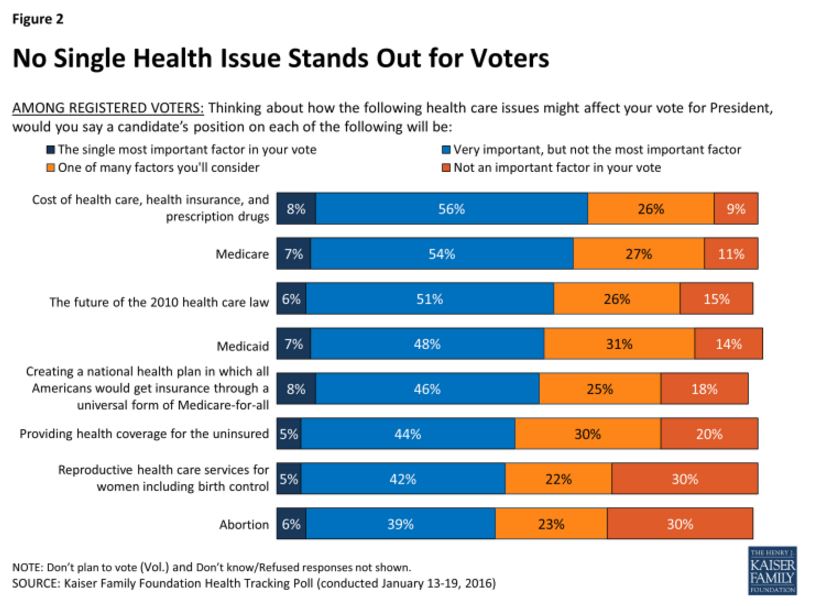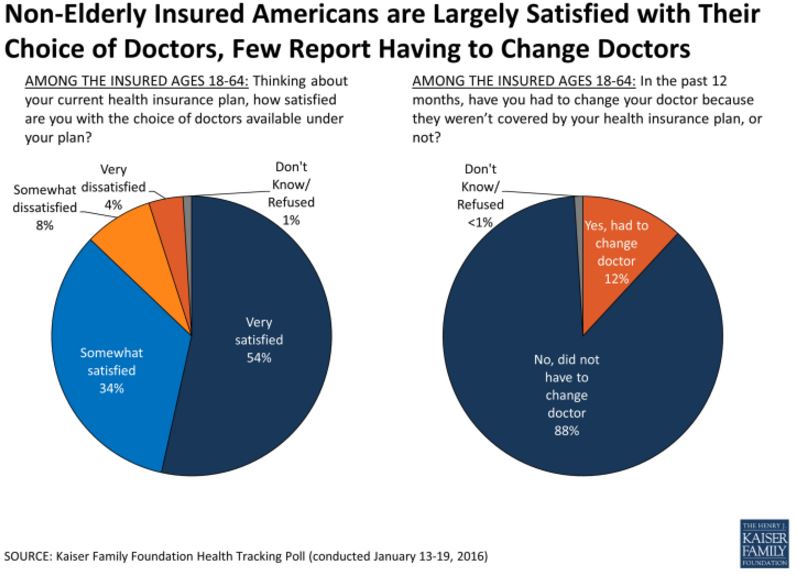23% of Voters Find Affordable Care Act ‘Extremely Important’
Only 4 percent and 6 percent, respectively, find that the Affordable Care Act and the costs of medical insurance are the ‘most important’ issues to their future vote.

- The Henry J. Kaiser Family Foundation released the January Kaiser Health Tracking Poll last week showing that the Affordable Care Act did not make it past 23 percent of those surveyed stating that it’s ‘extremely important’ to them when voting for the next US President this year. However, 28 percent did find the cost of healthcare and cost of health insurance as an ‘extremely important’ point for their vote during the next presidential election.

Nonetheless, only 4 percent and 6 percent, respectively, find that the Affordable Care Act and the costs of medical insurance are the ‘most important’ issues to their future vote. Terrorism and the economy/jobs top the list as the two most vital issues plaguing the American citizen of today.
“Partners for Better Care welcomes news contained in this survey, noting that in this election respondents are particularly sensitive to issues of affordability. The poll finds 6 in 10 voters consider the cost of health care, health insurance, and prescription drugs are very important in determining their vote. Overall, the cost of individual’s health care ranks third behind terrorism and the economy as an issue that will be extremely important to their vote for President this year,” Mary Richards, Executive Director of Partners for Better Care, said in a statement.
“As a growing partnership of over 20 million active patients advocating for better affordability through reasonable health system costs, we encourage all politicians to further outline their plans for easing the burden on American patients, a phenomenon already noted by the New York Times in their recent partnership poll with Kaiser on medical debt, which highlighted the real patient hardships average Americans are now facing.”
As many as 71 percent of polled American adults under the age of 65 do report that medical services are of good value for their cost. Also, 87 percent of those polled are happy with their choice of physicians despite the recent reduction in the number of doctors available through many provider networks.
Out of all those surveyed, 12 percent stated that they needed to find a different doctor because their original physician was not covered by their health insurance plan. The results also show that uninsured Americans do not seem to be aware of the tax penalties for not having healthcare coverage in 2016 nor the deadlines for enrolling in insurance plans for the year through the exchanges.
About half of those without health insurance stated not having any coverage for two or more years while 28 percent, in the past six months, have been looking to see whether they qualify for Medicaid and another 21 percent sought financial assistance (subsidies) to purchase health coverage through the insurance exchanges.
While both the House of Representatives and the Senate sent a bill to President Obama’s desk in favor of repealing much of the Affordable Care Act last month, many Americans were unaware of this news, the Kaiser poll reported. Also, opinion of the Affordable Care Act did not change drastically in January due to the ongoing efforts of the Republican Party to repeal the healthcare law.
The Kaiser poll also went into detail to determine which type of healthcare issues affect voters of today the most. The results reveal that 64 percent feel that the cost of prescription drugs, insurance, and medical care services are at least ‘very important’ factors in the next presidential election. Along with these findings, 61 percent see that Medicare is at least a ‘very important’ issue in the next election while 57 percent find the Affordable Care Act as either the ‘most important’ factor or a ‘very important’ issue when voting for the future President.
When it comes to Medicaid, it is at least a ‘very important’ factor for 55 percent of the polled voters while the potential for a universal healthcare system matters to 54 percent of those surveyed. Women’s reproductive healthcare services and abortion rights are at the bottom of the factors that matter to the respondents.
However, reproductive health services are among the top three issues that have the highest partisan divide between Republican and Democratic voters along with health coverage for the uninsured, and Medicaid.
The poll found that the majority of Americans are satisfied with the medical services they receive for the costs of their health insurance plans. Nonetheless, only 54 percent are very satisfied with the choice of doctors under their insurance plan and the rest are only somewhat satisfied or dissatisfied.
Also, a prior survey from The New York Times and the Henry J. Kaiser Family Foundation found that one out of five Americans who have health insurance struggle with paying their medical bills.
Additionally, 53 percent of uninsured people have trouble paying their healthcare bills. Out of all who have difficulty with their medical costs, many postpone vacation and purchase of household items while more than one-third borrow funds from family and friends to cover their bills.
“Partners for Better Care represents 10 million people living with chronic conditions. We make sure many advocacy groups are looking at these issues. We attempt to uncover where middle class Americans stand on these issues,” Executive Director Mary Richards told HealthPayerIntelligence.com in mid-January.
“We saw problems associated with health costs reflected in the Kaiser Family Foundation report released a week ago. While we have a sophisticated client base, there is a lack of literacy in healthcare. We need to find ways to unpack the glossary of terms.”
“Folks who are busy and intelligent still need plenty of tools to understand these terms. While co-pays and deductibles are well understood, other formulary ideas are less well understood. We look to increase healthcare literacy.”
While the Affordable Care Act may not be the most important voting decision in the next president election, the costs associated with health insurance and medical care will continue to be a major topic in the political discussion.



